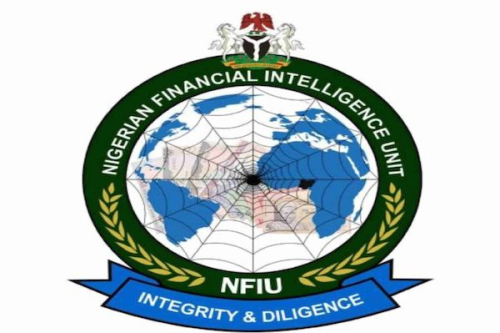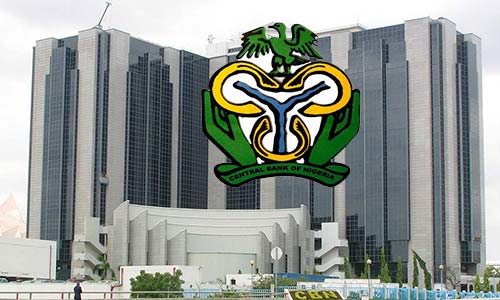Banking and Finance 28/02/2023
Banks Set to Stop Cash Withdrawal by States, Councils, Missions, Others

The guidelines barring governors, ministers, foreign missions and other public servants from making cash withdrawals from public accounts will come into effect tomorrow.
Banks have notified their customers about the directive and urged them to use digital channels.
167 countries are now on the lookout for any governor, minister and other public officials who withdraw cash from public accounts from March 1.
The Nigerian Financial Intelligence Unit (NFIU) has activated the Egmont Secured Web (ESW) protocol to share information with the countries if any governor is flagged for money laundering.
The NFIU in a circular dated January 4 directed all financial institutions to discontinue cash withdrawal in naira and foreign currency from public accounts at all levels.
Also included are accounts of foreign missions operating in Nigeria, those of all development partner institutions, mutual funds and investment funds.
It said: “Cash withdrawals from public accounts would be treated as a money laundering offence.”
NFIU warned that any governor who breaches the law by withdrawing cash from government accounts will automatically be flagged and 167 countries would be notified.
A source at the NFIU said the agency was in touch with 167 countries through the ESW– a secured network in which all the 167 Egmont group member countries share information.
It was learnt that ministries, departments and agencies (MDAs) are bracing for the shift to a cashless government.
At the Ministry of Finance, Budget and National Planning; Budget Office of the Federation and the Central Bank of Nigeria (CBN) it was gathered that the handling of cash has been significantly curtailed or eliminated in some instances ahead of the March 1 date.
Cash withdrawals from public accounts will be prohibited as well as the payment of estacodes and overseas allowances to civil and public servants in cash.
Also prohibited is the local government’s N500,000 cash withdrawal limit for public accounts and instituted funds.
The NFIU said: “In the unlikely event that a public official feels he may need cash withdrawal, he may apply for approval for a waiver from the Presidency which may be granted on a case-by-case basis.
“Under no circumstance shall any category of public officers be given a standing or continuous waiver to withdraw cash from any public account in any financial institution or designated non-financial institution.
“The President will only consider requests for cash withdrawals from public accounts on issues dealing with the border, defence, securities or medical.
“Where certain individuals must move with cash, it’s in such cases we say write to the president.”
The NFIU said it became necessary to stop the rate at which cash was being taken out of public accounts “without recourse to the money laundering laws and sometimes for corrupt purposes”.



